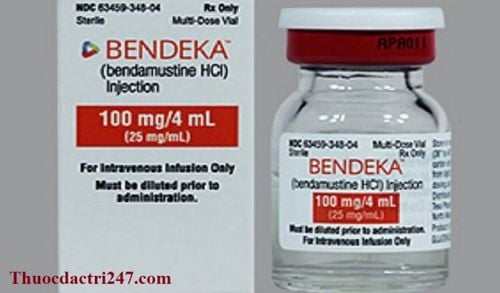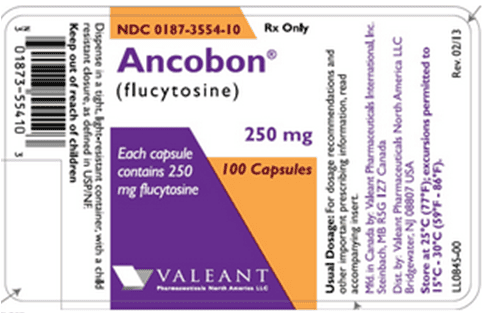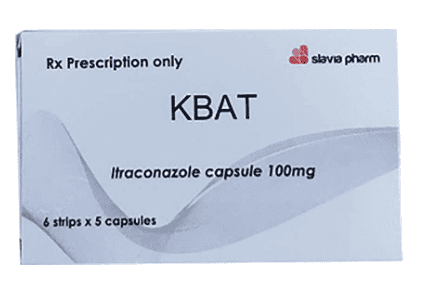This is an automatically translated article.
AIDS patients may experience opportunistic infections in many organs, due to a weakened immune system. In which opportunistic biliary tract infections in AIDS can be caused by many different types of opportunistic infections.
1. What is a biliary tract infection?
Biliary tract infection is a bacterial infection that causes inflammation in the bile ducts. This disease often occurs in people with high risk factors such as immunodeficiency syndrome, gallstones, biliary tract surgery...In AIDS patients often opportunistic infections occur, in which Biliary tract infections are one of the types of opportunistic infections, which can be dangerous if not treated early.
In the past in AIDS patients with antiretroviral therapy, opportunistic disease was common in 25% of AIDS patients, particularly in those with CD4 counts as low as 100/μL. In which the most common causative agent is cryptosporidium, there is also a risk of disease caused by other intestinal bacteria.
2. Signs of a biliary tract infection
Symptoms of biliary tract infection depend on whether the disease is mild or severe. In AIDS patients, the symptoms are often obvious and sometimes aggressive. The following are the most common symptoms of biliary tract infection:
Often persistent high fever accompanied by chills and chills. Right upper quadrant pain, sometimes with biliary colic: Severe pain in the upper right part of the abdomen. There is yellowing of the skin and eyes. May slowly increase or increase rapidly Clay-colored stools, dark urine. Diarrhea: Frequent and persistent loose and watery stools indicate cryptosporidiosis.

Bệnh nhân AIDS có biểu hiện nhiễm trùng đường mật cơ hội rõ rệt hơn người bình thường
3. How to diagnose biliary tract infection
In AIDS patients, opportunistic infections can occur in many organs, so signs such as right upper quadrant pain, fever, and jaundice are indicative of an opportunistic biliary tract infection. . In addition, it is necessary to combine with laboratory tests to make a definitive diagnosis.
Tests: WBC increased, erythrocyte sedimentation rate increased, CRP was positive. Blood biochemistry: abnormal liver function, high alkaline phosphatase levels. General abdominal ultrasound: Ultrasound is a non-invasive and very accurate imaging method (over 95%). Usually the first choice for diagnosis. Endoscopic retrograde cholangiopancreatography (ERCP): In AIDS patients, biliary obstruction is common, so ERCP is often necessary. Endoscopic retrograde cholangiopancreatography is not only used to provide a definitive diagnosis, allowing the clinician to take a biopsy specimen of the small intestine to identify the causative organism, but It is also used to treat disease if stones or blockages are found.
4. Methods of treatment of biliary tract infections
Treatment measures for opportunistic biliary tract infections in AIDS patients include:
Endoscopic procedures : During endoscopic retrograde cholangiopancreatography, therapeutic interventions such as removal of gallstones if present, Oddi sphincter dilation, endoscopic stenting if necessary to resolve biliary obstruction. This intervention method can significantly reduce disease signs such as jaundice, cholangitis. Antibiotic therapy is used to treat bacterial infections that cause illness. Antibiotics can be used empiric or according to the results of the antibiogram. Antibiotics often need to be combined with an endoscopic procedure to relieve symptoms. However, in patients infected with cryptosporidium parasites, conventional antibiotics are not effective, often need to improve the body to eliminate the parasites on its own. Treat accompanying symptoms if necessary, such as pain relief and fever reduction. In addition, patients still have to adhere to treatment with HIV drugs, in order to improve immune function. Opportunistic biliary tract infections in AIDS patients can be multifactorial caused by immunodeficiency. The disease can cause aggressive and dangerous symptoms for the patient, so it needs to be treated early.
Vinmec International General Hospital is one of the hospitals that not only ensures professional quality with a team of doctors, modern equipment and technology, but also stands out for its examination, consulting and service services. comprehensive and professional medical treatment; civilized, polite, safe and sterile medical examination and treatment space.
Please dial HOTLINE for more information or register for an appointment HERE. Download MyVinmec app to make appointments faster and to manage your bookings easily.
Reference source: msdmanuals.com












